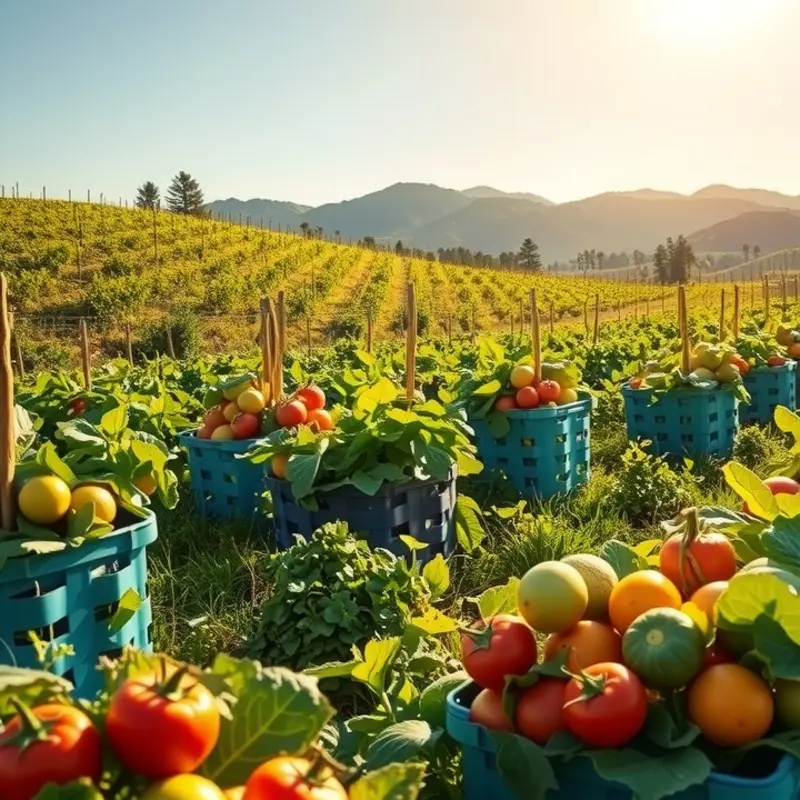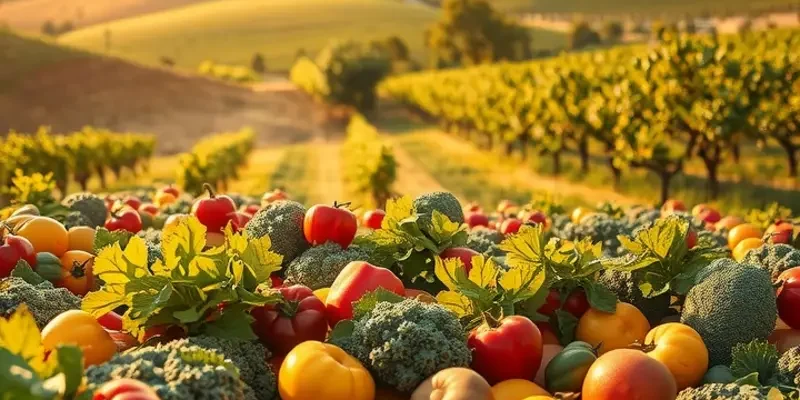Gallstones can be a painful and life-altering condition, often requiring surgery. However, dietary choices can play a fundamental role in prevention. With an abundance of diet trends flooding our feeds, it’s essential to focus on what truly aids in gallstone prevention. This exploration will dissect effective dietary strategies, empowering individuals to make informed choices while embracing nutritious foods that promote overall well-being.
Understanding Gallstones

Gallstones are hard particles that form in the gallbladder, a small organ beneath the liver. They can vary in size from a grain of sand to a golf ball. Understanding how these stones form is crucial for anyone looking to prevent them through dietary choices.
Formation: Gallstones primarily consist of cholesterol or bilirubin. Cholesterol stones, the most common type, form when your liver excretes more cholesterol than your bile can dissolve. Other factors contributing to formation include insufficient bile salts and incomplete gallbladder emptying. Pigment stones, made of bilirubin, tend to develop in certain medical conditions, such as cirrhosis or blood disorders.
Symptoms: Gallstones often cause no symptoms until they block a bile duct, leading to a ‘gallstone attack.’ Common symptoms include sudden and intense abdominal pain, pain between your shoulder blades, nausea, and vomiting. The pain can last from a few minutes to several hours and often occurs after eating fatty meals.
Risk Factors: Several factors could increase the risk of gallstones, including obesity, age, and certain diseases like diabetes. Women are more likely to develop gallstones, partly due to higher levels of estrogen. Rapid weight loss or fasting can also play a role in their formation, making balanced dietary choices even more important.
Dietary Influence: What you eat significantly influences the formation of gallstones. A diet high in fiber aids in reducing the risk. Eating plenty of fruits and vegetables can help keep your gallbladder functioning properly.
Reducing saturated fats and cholesterol, found in red and processed meats, can also lower the risk. Instead, incorporating healthy fats, such as omega-3 fatty acids found in fish, can be beneficial. If you are curious about the importance of omega-3s and their sources, this article on fish oil necessity provides detailed insights.
Maintain a healthy weight to prevent gallstone formation. Excess weight can increase cholesterol levels in the bile, leading to stone formation. Engage in regular physical activity and watch portion sizes to help manage weight effectively.
Avoid rapid weight loss. Following very-low-calorie diets can disrupt bile salt levels and increase gallstone risk. Aim for gradual weight loss instead, about one pound per week.
In conclusion, gallstones form from imbalances in bile components, and symptoms can be severe. Understanding risk factors and dietary influences is imperative. Making nourishing choices not only protects your gallbladder but also promotes overall digestive health.
Dietary Strategies for Prevention

Preventing gallstones through diet involves careful selection of nutrients known to support gallbladder health. Key strategies include consuming fiber-rich foods, incorporating healthy fats, and maintaining proper hydration. Let’s explore how these can be implemented in daily life.
Fiber-Rich Foods
Fiber is crucial for digestive health and can help regulate the absorption of cholesterol. Soluble fiber, in particular, binds with cholesterol in the digestive tract, aiding in its excretion. Fruits, vegetables, whole grains, and legumes are excellent sources. For instance, an apple is not only a convenient snack but also rich in both soluble fiber and antioxidants. Adding oats or bran to your morning routine can also significantly boost your fiber intake.
Consider creating meals centered around fiber-rich salads or hearty vegetable soups. A simple salad with spinach, chickpeas, cherry tomatoes, and a sprinkle of flaxseed can be both delicious and beneficial. If you’re looking for cooking tips, minimal prep dinner ideas can offer inspiration to incorporate these into weekday dinners effortlessly.
Healthy Fats
Not all fats are harmful; in fact, healthy fats are essential for gallstone prevention. These include monounsaturated and polyunsaturated fats found in olive oil, nuts, seeds, and fish. Omega-3 fatty acids, prevalent in fatty fish like salmon, are known for their anti-inflammatory properties. Aim to replace saturated fats with these healthier options wherever possible.
For practical application, drizzle olive oil on roasted vegetables or use avocado as a creamy base in sandwiches. Nuts or seeds can provide a satisfying crunch to salads or yogurt without compromising healthful eating. Be mindful of portion sizes, as even healthy fats are calorie-dense.
Hydration
Staying hydrated is a simple yet effective strategy in preventing gallstones. Water helps dilute bile acids, which can otherwise form stones. Establish a habit of drinking water throughout the day by carrying a refillable bottle. Infusing water with citrus slices can make this habit more enjoyable and refreshing.
Practical Tips
To smoothly integrate these strategies into your lifestyle, consider planning meals ahead. Making a grocery list focused on fiber-rich produce, healthy fats, and hydration-enhancing items can simplify shopping. Portioning out ingredients for several days’ worth of meals can save time and foster adherence to healthy eating patterns.
Incorporating a diverse range of vegetables, experimenting with herbs for flavor without extra salt, and investing in easy-to-use kitchen tools can all contribute to creating meals that support your wellness goals. Balanced meal planning ensures you’re consistently taking steps towards preventing gallstones without feeling overwhelmed.
These dietary strategies, grounded in practical implementation, can be transformative for those aiming to prevent gallstones. By focusing on nutrient-rich foods, healthy fats, and hydration, you’ll nourish your body while minimizing the risk of gallstone formation.
Final words
Making intentional dietary choices can significantly reduce the risk of gallstones. By understanding how certain foods interact with gallbladder health, you can embrace a diet that not only prevents gallstones but also enhances your overall health. Incorporate fiber-rich foods, opt for healthy fats, and stay hydrated to nurture your body. The journey to preventing gallstones starts with what you eat—take control of your health through mindful nutrition.








